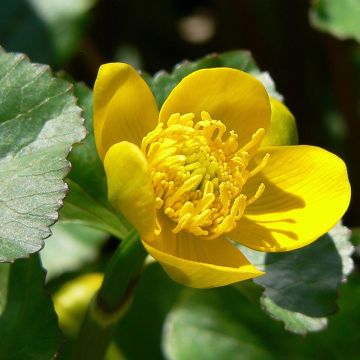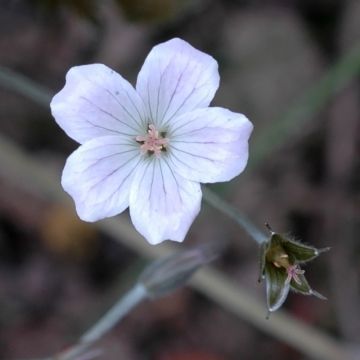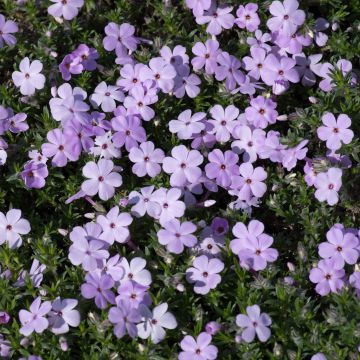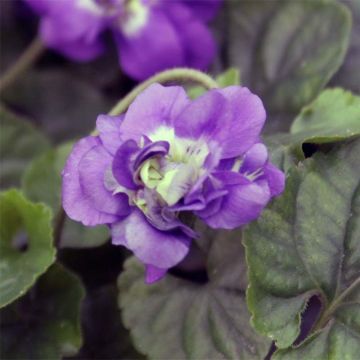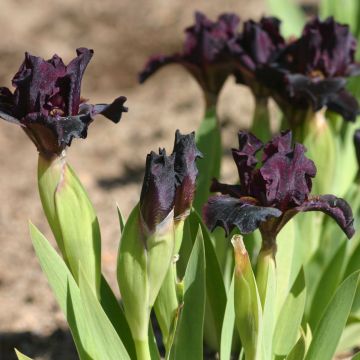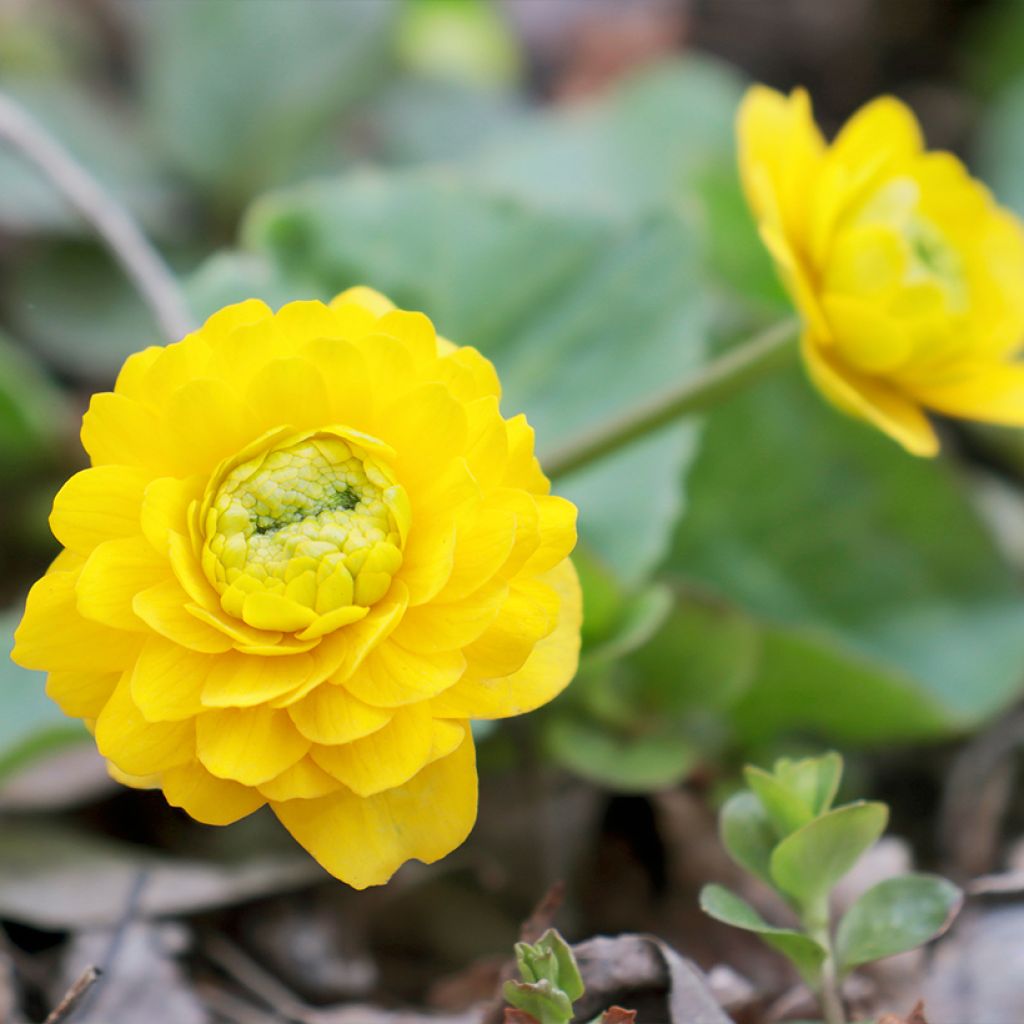

Caltha palustris Plena
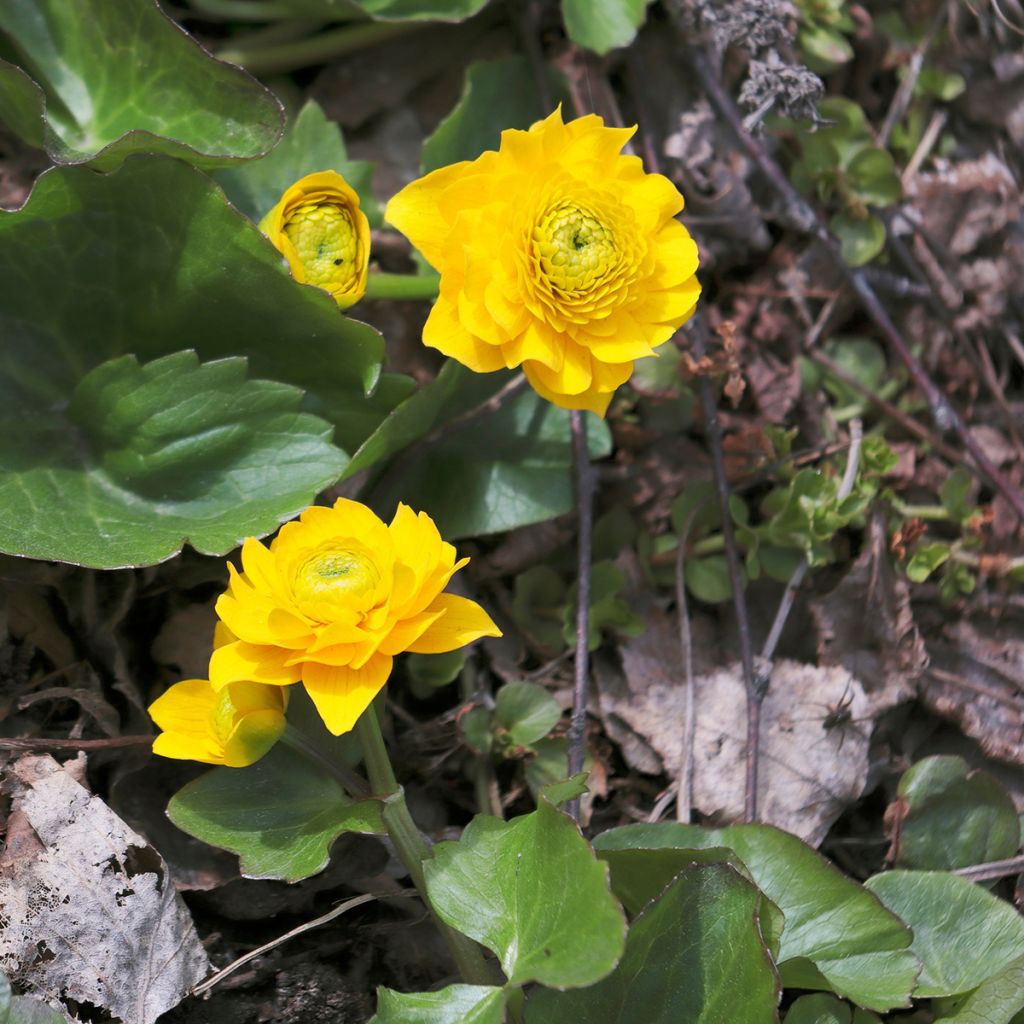

Caltha palustris Plena
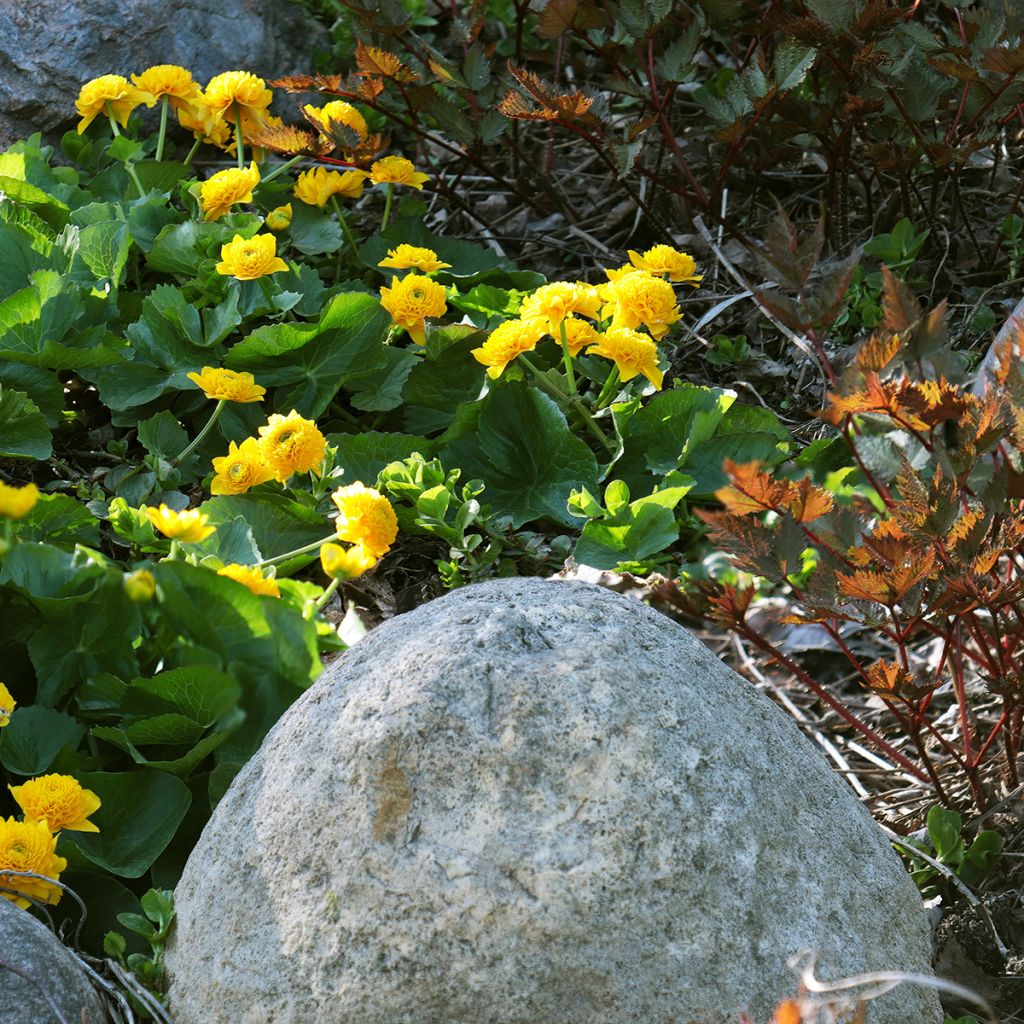

Caltha palustris Plena
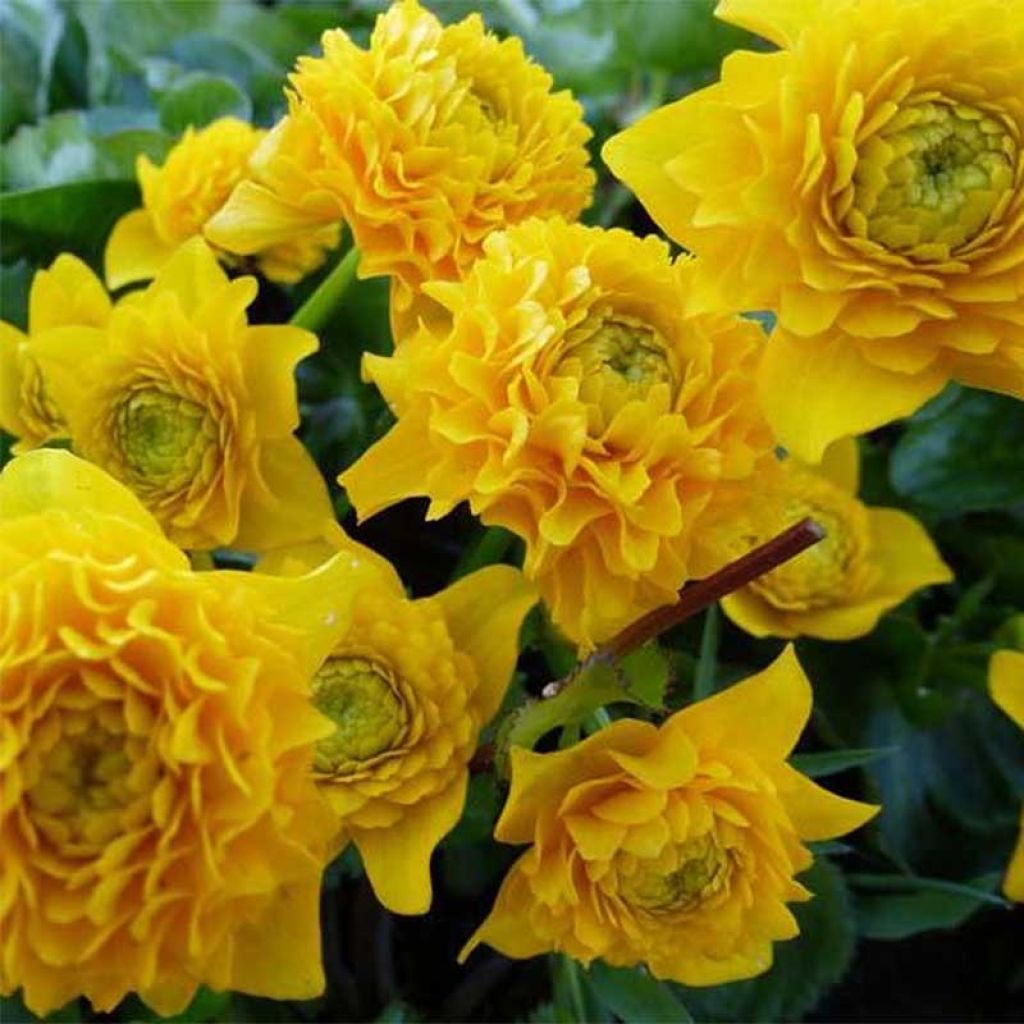

Caltha palustris Plena
Caltha palustris Plena
Caltha palustris Plena
Marsh Marigold, Kingcup
Superb young plants arrived in excellent condition. I knew the single version of this lovely plant, let's hope the double version will be just as robust!
Françoise Josse, 16/05/2022
Special offer!
Receive a €20 voucher for any order over €90 (excluding delivery costs, credit notes, and plastic-free options)!
1- Add your favorite plants to your cart.
2- Once you have reached €90, confirm your order (you can even choose the delivery date!).
3- As soon as your order is shipped, you will receive an email containing your voucher code, valid for 3 months (90 days).
Your voucher is unique and can only be used once, for any order with a minimum value of €20, excluding delivery costs.
Can be combined with other current offers, non-divisible and non-refundable.
Home or relay delivery (depending on size and destination)
Schedule delivery date,
and select date in basket
This plant carries a 12 months recovery warranty
More information
We guarantee the quality of our plants for a full growing cycle, and will replace at our expense any plant that fails to recover under normal climatic and planting conditions.
Would this plant suit my garden?
Set up your Plantfit profile →
Description
Caltha palustris Plena is a semi-aquatic perennial herbaceous plant with a rhizome, found on the edge of water and banks. It is very hardy and one of the first spring flowers in ponds and watercourses. With its double yellow flowers, the Double Marsh Marigold produces better flowers in full sun but can illuminate partially shaded areas in the heat of summer. The Double Marsh Marigold is a nectar-rich plant that is useful for many pollinating insects in early spring. It can be grown in any good garden soil as long as there is sufficient moisture.
In a small rounded clump of 30cm (12in), the Caltha palustris Plena is a remarkable, fresh accent plant full, ideal for the banks of a water feature such as a pond, a lake or even a natural swimming pool, ensuring a transition with the rest of the garden. Its heart-shaped shiny leaves are dark green and deciduous, wide and thick, contrasting well with its imposing flowers composed of a multitude of petals forming an impressive yellow "bud".
Marsh Marigold belongs to the Ranunculaceae family. It is native to temperate regions of the north (Europe and America) where it only grows in wet environments: edges of ditches, streams and marshes and wet meadows. The genus Caltha comes from the Greek word calathos, which means basket, alluding to the shape of the flowers.
Your pond should maintain its balance (i.e. clear water) by combining the following trio: floating plants (Water Lily and Nymph), submerged plants with a strong oxygenating power (Water Milfoil, Pondweed, and Water Lettuce) with shallow water plants on the edge (Japanese Iris, Fern, and Horsetail).
Green the banks with more sophisticated and sculptural plants to create an enchanting tableau, such as Astilbes, Meadowsweets, and other Loosestrifes.
Report an error about the product description
Caltha palustris Plena in pictures
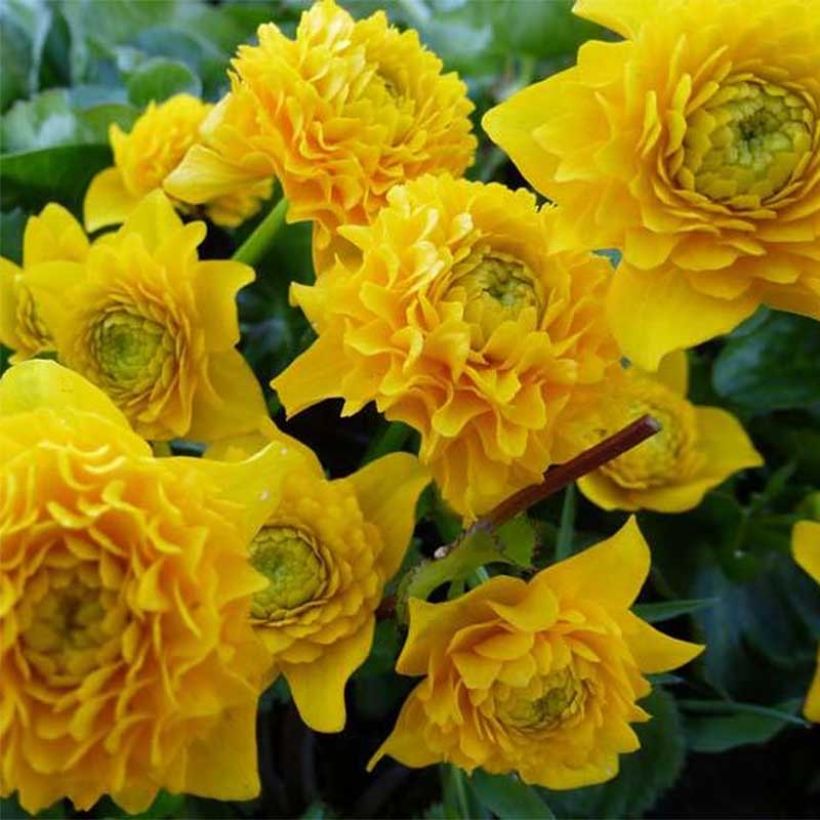

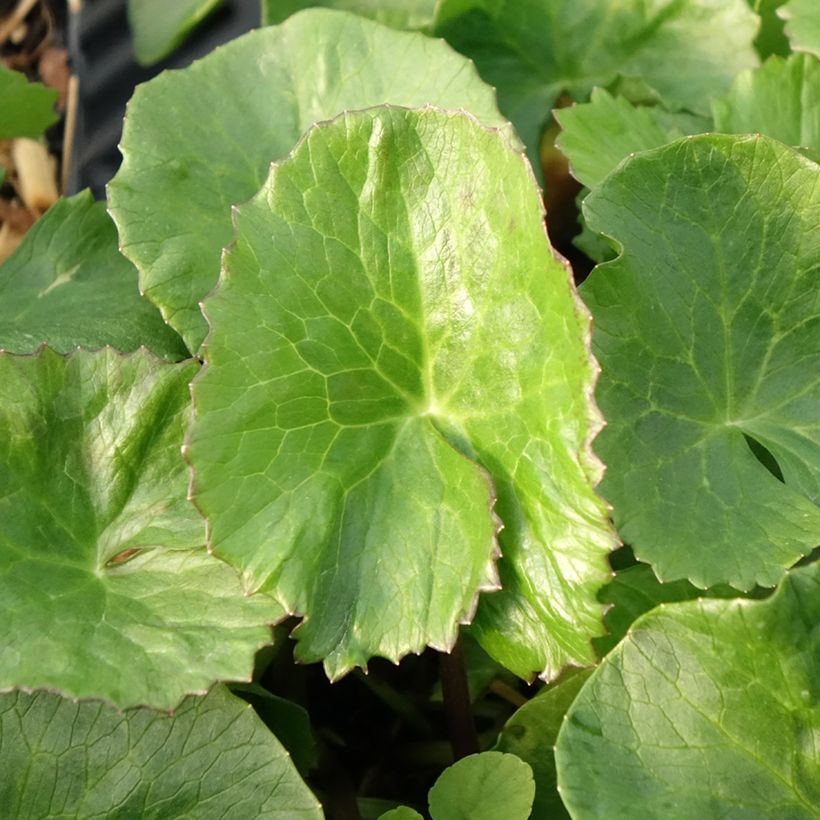



Flowering
Foliage
Plant habit
Botanical data
Caltha
palustris
Plena
Ranunculaceae
Marsh Marigold, Kingcup
Northern Europe
Other Caltha - Marsh Marigold
View all →Planting and care
We recommend growing marsh marigold in rich, consistently moist or even waterlogged soil. You can plant the Calthus palustris in an aquatic basket, which allows for better control of its growth. Fill each basket with generously wetted aquatic compost, dig a hole in the centre and place the young plant, taking care to unfold the roots to ensure proper development. Finally, position the basket in the pond at the recommended height for the plant, which is about ten centimetres below the surface of the water for Caltha palustris.
Planting period
Intended location
Care
-
, onOrder confirmed
Reply from on Promesse de fleurs
Similar products
Haven't found what you were looking for?
Hardiness is the lowest winter temperature a plant can endure without suffering serious damage or even dying. However, hardiness is affected by location (a sheltered area, such as a patio), protection (winter cover) and soil type (hardiness is improved by well-drained soil).

Photo Sharing Terms & Conditions
In order to encourage gardeners to interact and share their experiences, Promesse de fleurs offers various media enabling content to be uploaded onto its Site - in particular via the ‘Photo sharing’ module.
The User agrees to refrain from:
- Posting any content that is illegal, prejudicial, insulting, racist, inciteful to hatred, revisionist, contrary to public decency, that infringes on privacy or on the privacy rights of third parties, in particular the publicity rights of persons and goods, intellectual property rights, or the right to privacy.
- Submitting content on behalf of a third party;
- Impersonate the identity of a third party and/or publish any personal information about a third party;
In general, the User undertakes to refrain from any unethical behaviour.
All Content (in particular text, comments, files, images, photos, videos, creative works, etc.), which may be subject to property or intellectual property rights, image or other private rights, shall remain the property of the User, subject to the limited rights granted by the terms of the licence granted by Promesse de fleurs as stated below. Users are at liberty to publish or not to publish such Content on the Site, notably via the ‘Photo Sharing’ facility, and accept that this Content shall be made public and freely accessible, notably on the Internet.
Users further acknowledge, undertake to have ,and guarantee that they hold all necessary rights and permissions to publish such material on the Site, in particular with regard to the legislation in force pertaining to any privacy, property, intellectual property, image, or contractual rights, or rights of any other nature. By publishing such Content on the Site, Users acknowledge accepting full liability as publishers of the Content within the meaning of the law, and grant Promesse de fleurs, free of charge, an inclusive, worldwide licence for the said Content for the entire duration of its publication, including all reproduction, representation, up/downloading, displaying, performing, transmission, and storage rights.
Users also grant permission for their name to be linked to the Content and accept that this link may not always be made available.
By engaging in posting material, Users consent to their Content becoming automatically accessible on the Internet, in particular on other sites and/or blogs and/or web pages of the Promesse de fleurs site, including in particular social pages and the Promesse de fleurs catalogue.
Users may secure the removal of entrusted content free of charge by issuing a simple request via our contact form.
The flowering period indicated on our website applies to countries and regions located in USDA zone 8 (France, the United Kingdom, Ireland, the Netherlands, etc.)
It will vary according to where you live:
- In zones 9 to 10 (Italy, Spain, Greece, etc.), flowering will occur about 2 to 4 weeks earlier.
- In zones 6 to 7 (Germany, Poland, Slovenia, and lower mountainous regions), flowering will be delayed by 2 to 3 weeks.
- In zone 5 (Central Europe, Scandinavia), blooming will be delayed by 3 to 5 weeks.
In temperate climates, pruning of spring-flowering shrubs (forsythia, spireas, etc.) should be done just after flowering.
Pruning of summer-flowering shrubs (Indian Lilac, Perovskia, etc.) can be done in winter or spring.
In cold regions as well as with frost-sensitive plants, avoid pruning too early when severe frosts may still occur.
The planting period indicated on our website applies to countries and regions located in USDA zone 8 (France, United Kingdom, Ireland, Netherlands).
It will vary according to where you live:
- In Mediterranean zones (Marseille, Madrid, Milan, etc.), autumn and winter are the best planting periods.
- In continental zones (Strasbourg, Munich, Vienna, etc.), delay planting by 2 to 3 weeks in spring and bring it forward by 2 to 4 weeks in autumn.
- In mountainous regions (the Alps, Pyrenees, Carpathians, etc.), it is best to plant in late spring (May-June) or late summer (August-September).
The harvesting period indicated on our website applies to countries and regions in USDA zone 8 (France, England, Ireland, the Netherlands).
In colder areas (Scandinavia, Poland, Austria...) fruit and vegetable harvests are likely to be delayed by 3-4 weeks.
In warmer areas (Italy, Spain, Greece, etc.), harvesting will probably take place earlier, depending on weather conditions.
The sowing periods indicated on our website apply to countries and regions within USDA Zone 8 (France, UK, Ireland, Netherlands).
In colder areas (Scandinavia, Poland, Austria...), delay any outdoor sowing by 3-4 weeks, or sow under glass.
In warmer climes (Italy, Spain, Greece, etc.), bring outdoor sowing forward by a few weeks.































